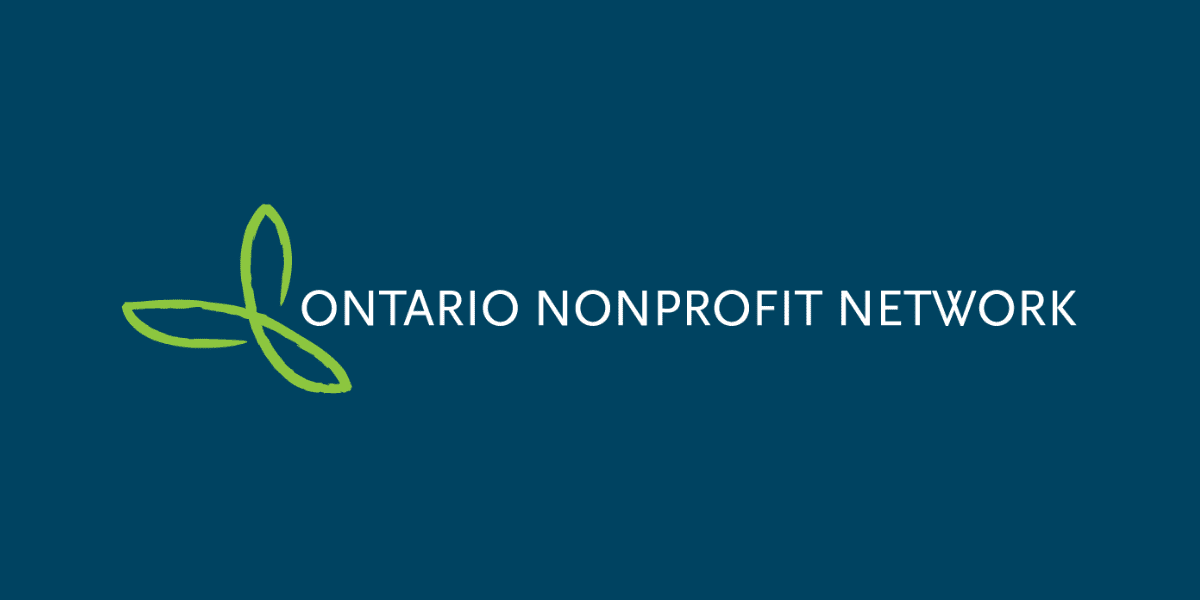Lobbying is not a dirty word…
By Burkhard Mausberg
Government relations is a fickle art. Its success is rarely guaranteed. Outside events can scuttle the best laid plans. Access to decision-makers is often limited. And then elections happen.
All this makes government relations a marathon, never a sprint.
I’ve used the words “government relations” here because the words “lobbying” and “lobbyists” have become dirty words. The image of greedy industrial lobbyists comes to mind. The ones who care little for public health, the environment, or equity issues, and are merely self-interested.
Yet, lobbying is an established and worthwhile tool in bringing about change. In and of itself, lobbying has no meaning or value. It’s how you do it, and what for, that gives it importance.
Having been a lobbyist for some time, and enjoying the fickle art, I’ve come to appreciate some keys to success, or at least keys in trying for success:
- First, one has to be persistent and never give up. It makes sense to be disappointed if a lobby effort fails. After all, you put your heart and soul into an issue and believe strongly in it. But if you don’t succeed on one issue, that doesn’t mean you can’t be successful on the next one. Persistence on each issue, and on the next one, is critical
- Second, if a government representative, elected or not, doesn’t support your initiative, don’t get angry. In other words, avoid burning bridges. You never know when, and for what issue, that representative might be needed again. It’s also just good Canadian demeanor to stay nice
- Third, try to fit your issue into the agenda of the government of the day. You may not agree with many parts of its policies, but don’t let it interfere with making progress on issues that could fit into a government’s plan
- Fourth, get your facts right (they still matter) and anticipate inquiries and questions, by thinking of the worst ones you could be asked. Being prepared on facts and figures always pays dividends
- Finally, frame your issue well and then develop narrow and focused asks. All too often, the asks tend to be too broad, giving officials a reason to disagree, or worst, dismiss you outright. Having your issue properly framed with specific asks (usually) forces a need for a direct response.
Lobbying does make a difference. Not always, but often enough. And establishing effective working relationships with elected officials is part and parcel of a democratic society. We elect them and therefore we should have access to them. While that doesn’t change the common preconceptions of lobbying, what other choice for meaningful policy change do we have?
A recognized leader in Ontario’s environmental and food sector, Burkhard Mausberg has three decades of experience working for charities and non-profit groups, including as the founding CEO of the Greenbelt Foundation.





